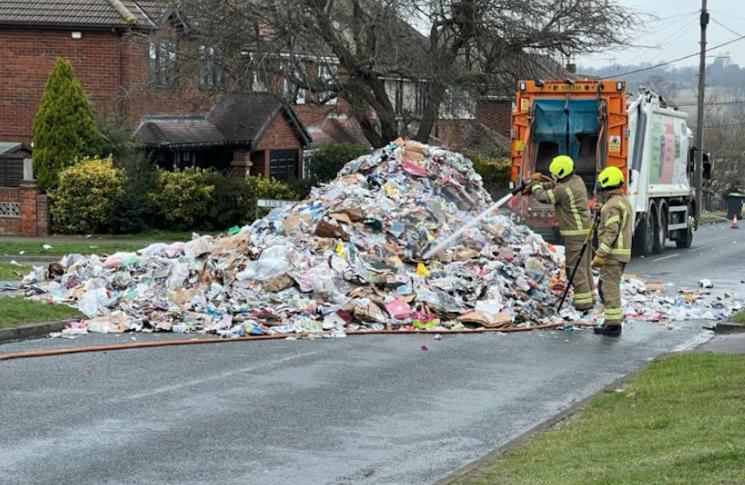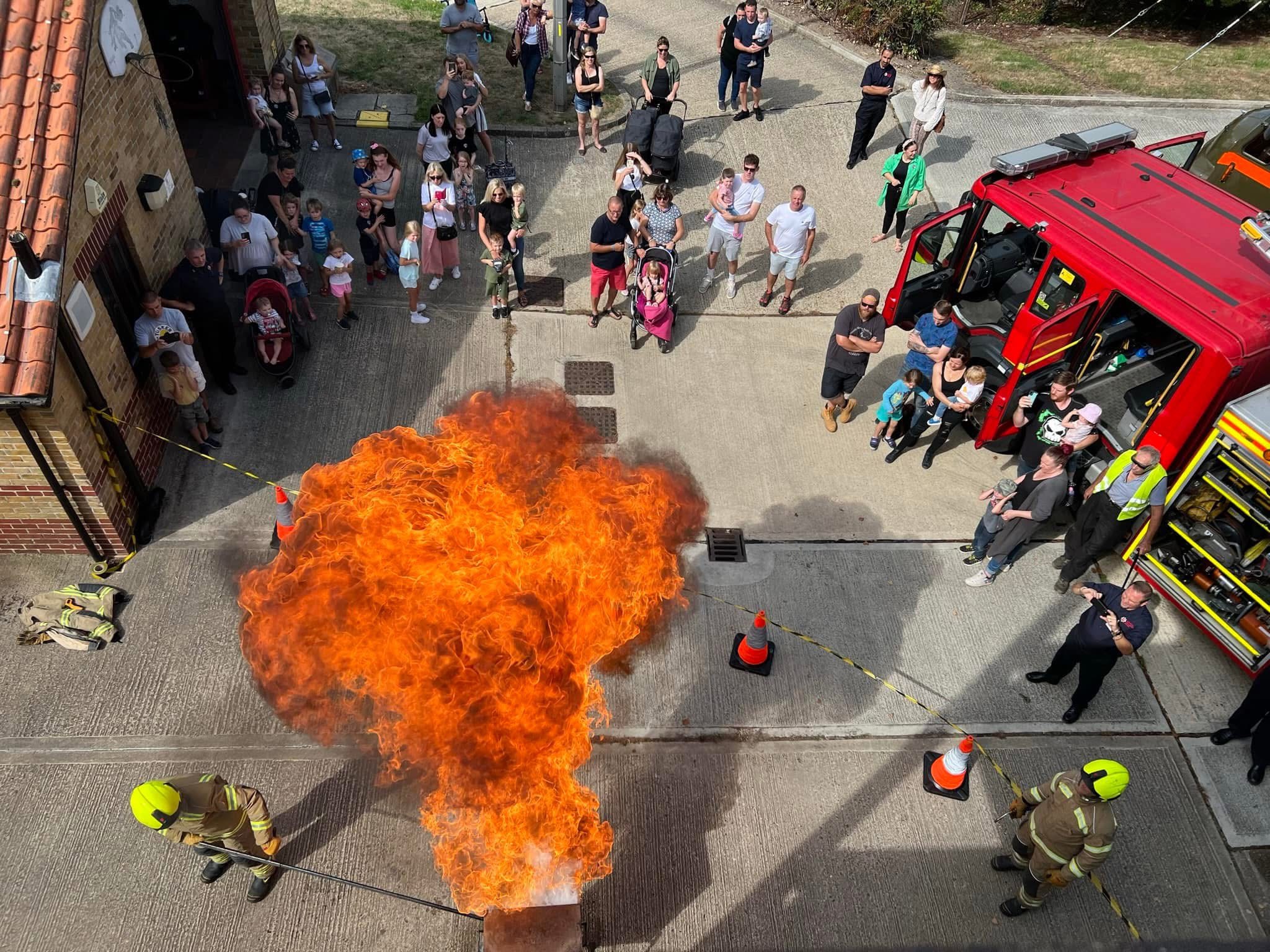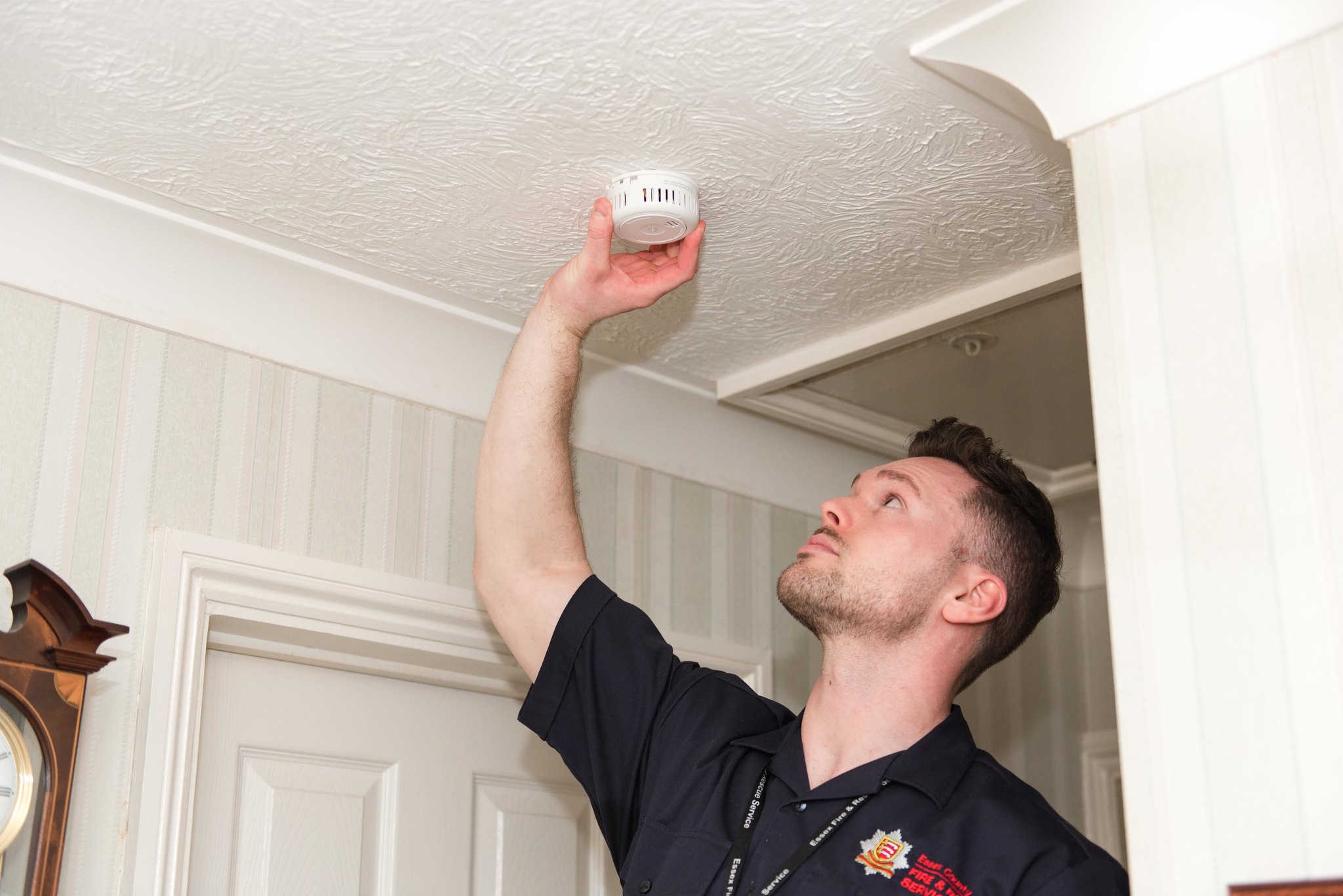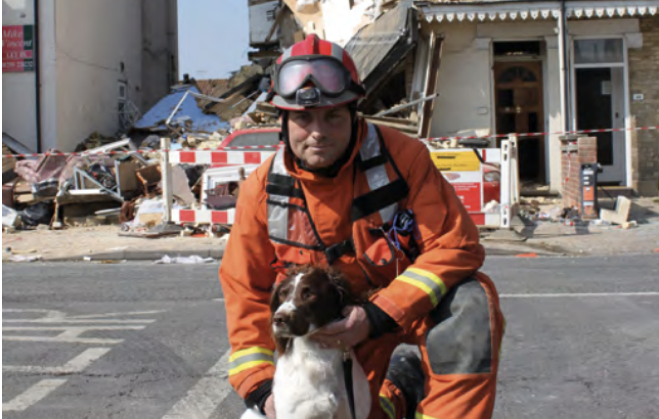
Electrical Safety
Electrical appliances, plugs and cables that are old or poorly wired can be a real danger in your home. There are particular danger signs to look out for on all electrical items you have around your home. If you think something needs fixing or changing do it straight away.
Plugs and Socket Safety
- Hot plugs or sockets, scorch marks, fuses that often blow, or flickering light are all signs of loose wiring or other electrical problems
- Badly wired plugs. Any coloured wires sticking out could come loose and debris could also get into the plug
- Overloaded sockets. Plugging too many electrical appliances into one socket can lead to overheating
- Use sockets safely. It’s better to use a bar adaptor (multi-board) on a lead than a block adaptor
- Only use one adaptor per socket. Don’t plug one adaptor into another and try to keep to one plug per socket
- Don't overload extension leads and adaptors, they have a limit on how many amps they can take
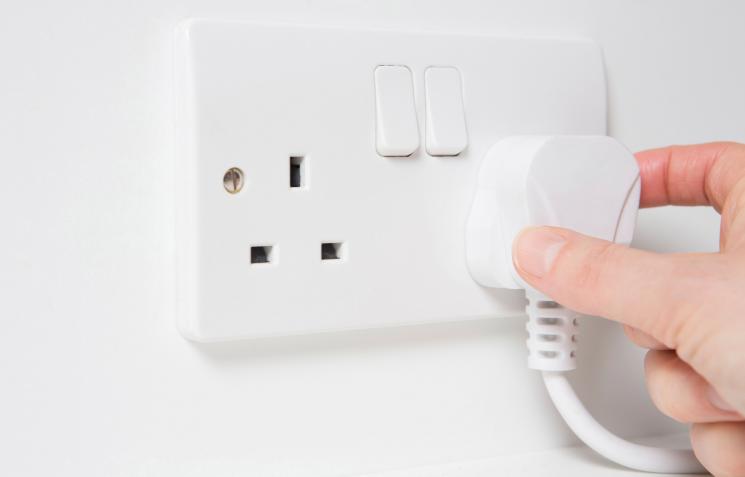
Fuse Safety
- When you’re fitting or replacing a fuse, it’s important to use the right fuse for the appliance to make sure the fuse doesn’t overheat
- Check the manual or look for a sticker on the appliance to find out its wattage and then use the correct fuse
- Fuses are a safety device, and when it trips it is a warning message that something is not right. It should be investigated and not ignored

Cables and Lead Safety
- Make sure the outer coverings of your power leads are in good condition. Replace any frayed or damaged cables or leads
- Keep cables away from places where they could be tripped over, or near water, cookers or other sources of heat
- Never run cables under rugs or carpets, where they can wear through without anyone noticing
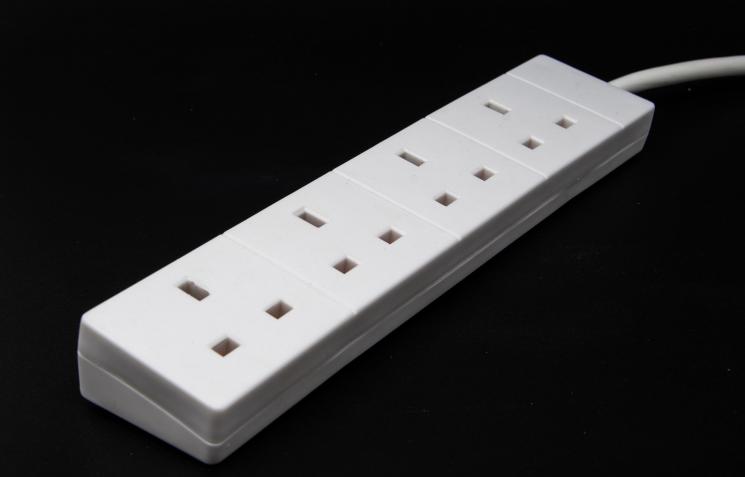
Charger Safety
- Don’t leave items on charge or plugged in overnight or whilst you are out of the house
- Never leave chargers plugged in and turned on when they are not in use
- Avoid leaving items on charge for long periods of time
- Only use the charger supplied by the manufacturer
- Look out for the CE mark that indicates chargers comply with European Safety standards
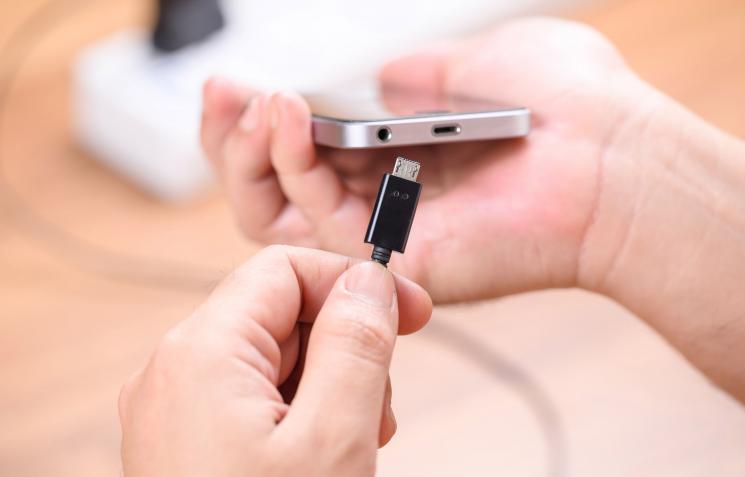
Appliance Safety
- Never get them wet. This includes plugs and sockets, so don’t put a vase of flowers on top of the TV, for example
- Never leave them on at night or if you leave the house. Unless they are designed to be left on, like freezers
- Never put anything in the microwave that is made of metal, or has a metallic finish or parts
- Be sure to register your appliances so you can be contacted if a safety repair is ever needed
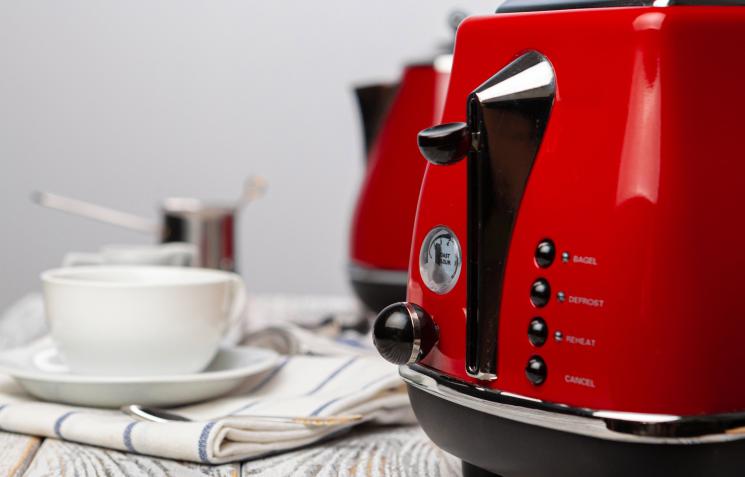
Disposing and recycling your electrical items and batteries
Last year, there were over 700 fires in bin lorries and recycling centres in the UK - all caused by crushed or damaged batteries. And all of these fires were caused by people throwing batteries and electricals in with their general rubbish or recycling.
There is a simple solution - always recycle your batteries and electricals separately from your other rubbish and recycling.
Don’t let your battery cause the next fire. Use Recycle Your Electricals’ postcode locator to find your nearest battery and electrical drop-off points.
